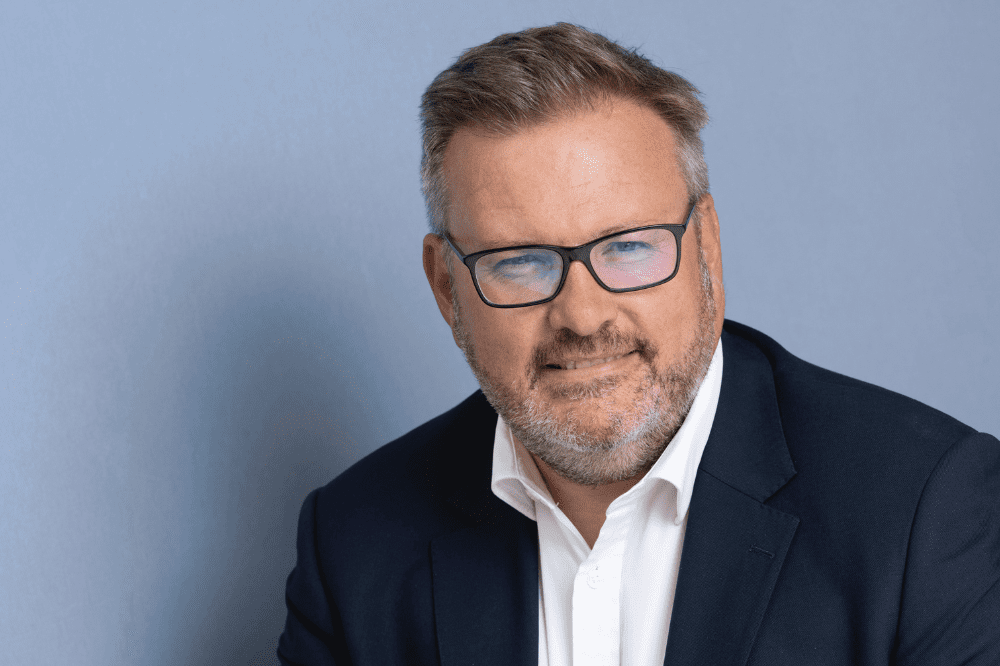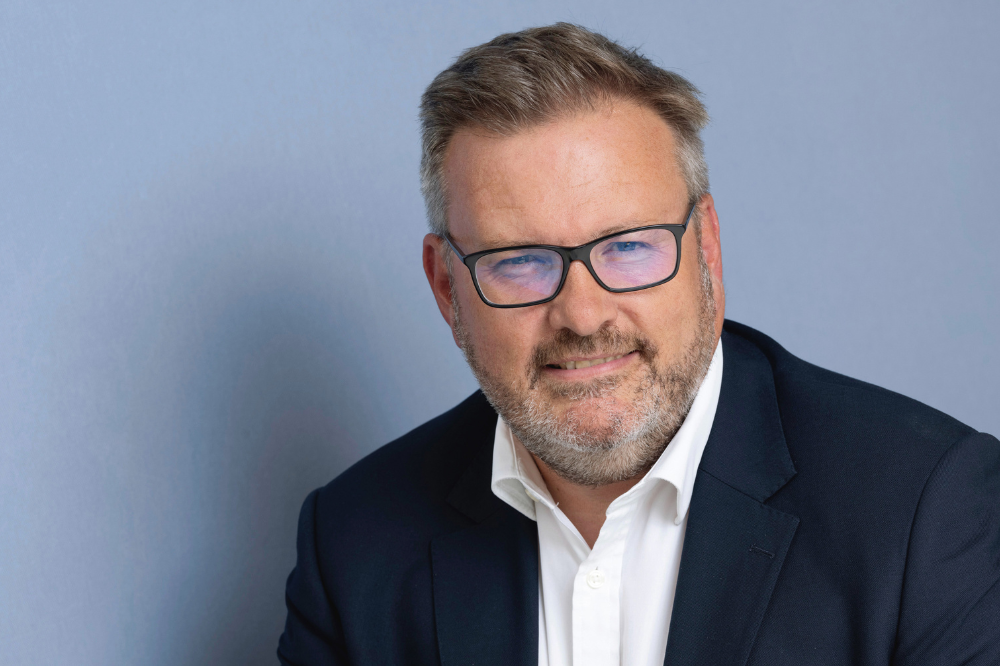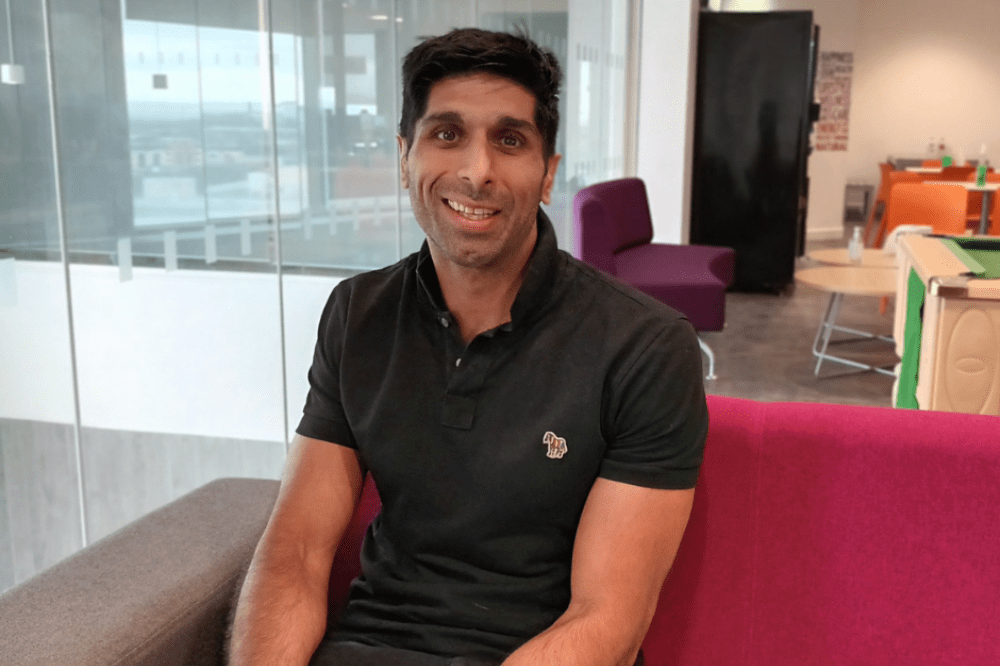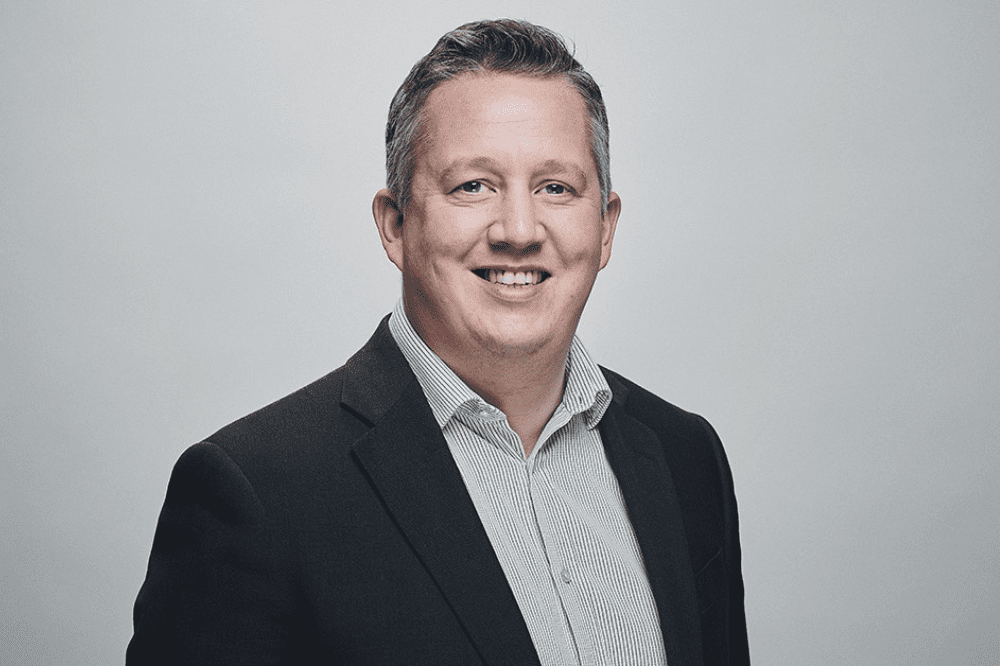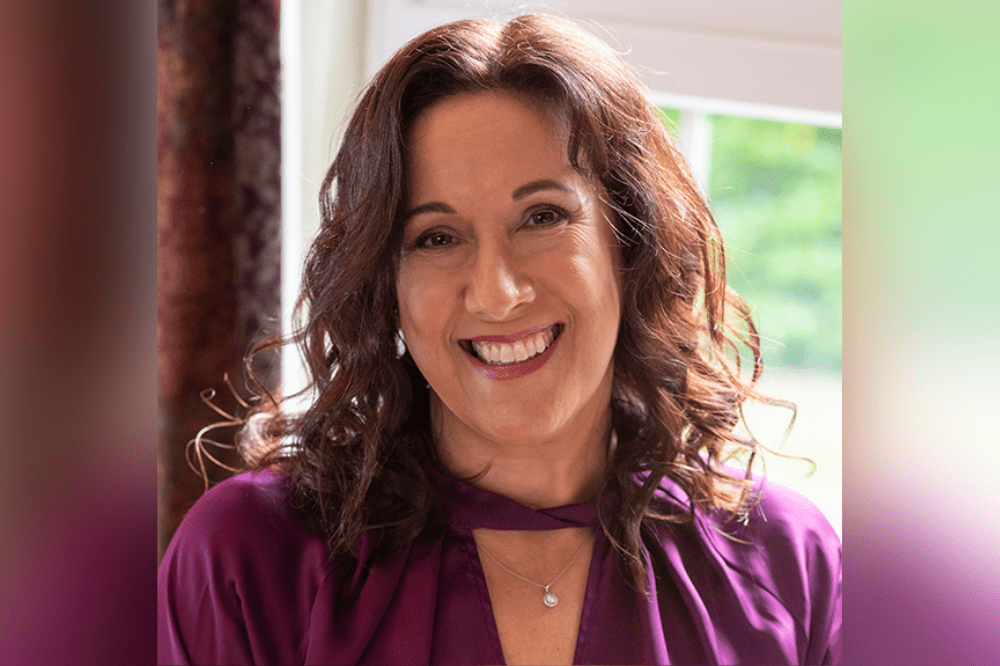

Book your tickets now: Women in Insurance UK
“The reality is, most businesses make 100s of decisions a day and it would be too arduous and too time-consuming for every decision to be held up to a problem-solving [lens],” she said. “So, we need to understand the difference between problem-solving and decision-making. There are deicisions that can be made pretty quickly and effectively, but a problem isn’t a decision that needs to be made.
“What is a problem? A problem is when a decision can’t be made because you don’t know how to make the necessary decision. And that’s where problem-solving comes in.”
What especially caught Brown’s interest about the upcoming panel and the topics it will be covering is that problem-solving is something that everybody has to do on a day-to-day basis – and so it’s a subject that resonates across every level of an organisation. Everybody has their own way of managing and solving problems, she said, but often don’t recognise these as specific tactics. It is by recognising them for what they are that these techniques can be categorised and shared.
Read more: Harbour Underwriting MD reveals the twin traits required to succeed in business
For Brown, what lies at the very core of effective problem-solving is recognising the need not to have a preconceived notion of what the right answer is when looking for solutions. When people approach a problem armed with the belief that they already know the right way to resolve it, she said, they close themselves off to other possibilities. And they lose sight of one of the most powerful weapons in any leader’s armoury – the diversity of thought and experience of their team.
Taking an inclusive approach to understanding the range of skills and perspectives required to solve a problem is essential, Brown said, and she cited how the thought leader Dr Edward de Bono’s ‘Six Hats’ approach to problem-solving has shaped her own thinking about this critical skill. His theory breaks down the six ‘hats’ that members of a team can ‘wear’ to learn to separate thinking into six clear functions and roles.
As represented by de Bonos, the white hat is for identifying important information, the yellow hat for optimism, the black hat for spotting risks and difficulties, the red hat for feelings and intuition, the green hat for creativity and the blue hat to manage the thinking process. His idea, she said, is that if you have everybody looking at a problem from the same angle, they will all come up with a similar solution. But by mentally switching ‘hats’, you have the opportunity to find new strengths and achieve a new outlook.
“It’s a problem-solving solution that goes back to diversity,” Brown said. “Because when you ask [people] to consider things from another perspective, they might not be comfortable at first but you’ll be amazed at the insights they can come out with. And they’d never have put themselves in that position otherwise.
“[…] When you’re building a very diverse team, as I have, you’re bringing together people who come from all walks of life and who bring very different things to the table, sometimes it can almost bring too much information. So, by putting on these ‘hats’, you restrict the thinking to what’s required while opening it up to those who don’t usually think about things in that way. It’s a really nice, logical approach to problem-solving and solution finding.”
Read more: Mental wellbeing at work – the four key structures
The advantages and opportunities that result from effective problem-solving are not just an internal consideration for insurance businesses but also can impact customer outcomes. When you’re in the insurance market, Brown said, it’s really all about finding solutions that match the problems that clients face.
But insurance solutions providers need to make sure their services are actually matching clients’ demands and not just some pre-judged idea of what those are. Insurance needs to work backwards to find the right solutions by speaking to all the relevant parties, she said, and that includes the customers, the brokers and the consumer associations.
Personal lines is starting to really grasp this she said, but commercial lines is lagging somewhat behind in this area. What providers need to recognise is that when you really start listening to your customers and trying to understand their concerns, they love you for it.
“You need to take people with you through every step of solving a problem,” she said. “Taking people on that journey is really important, as is showing every one of your steps along the way. They can’t be left wondering how you got from A-Z when you came to a solution. People need to know why you made certain choices and how you came to your conclusions. And it can sound like an obvious thing but the truth is that a lot of people just don’t do that.”
You need to communicate all those little tidbits that signpost where you are and where you’re going, she said. Because big decisions need collaboration and they need all those little decisions to come together. All of those things enable solution finding and they enable everybody to buy into that solution and buy into it being the right thing to do.
“And then if it ends up not being the right thing to do,” she said, “the good news is that you fail fast. And you can say ‘right, the decision we came to wasn’t right, so let’s go back to the drawing board and start again.’ And when you do that, you bring everybody along with you and you make them part of that journey.”
Booking is now open: Women in Insurance UK



